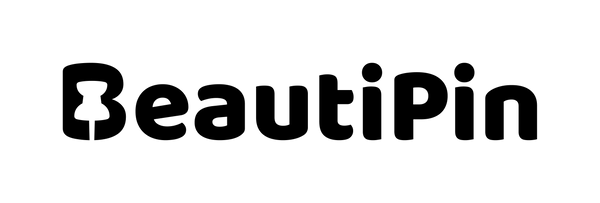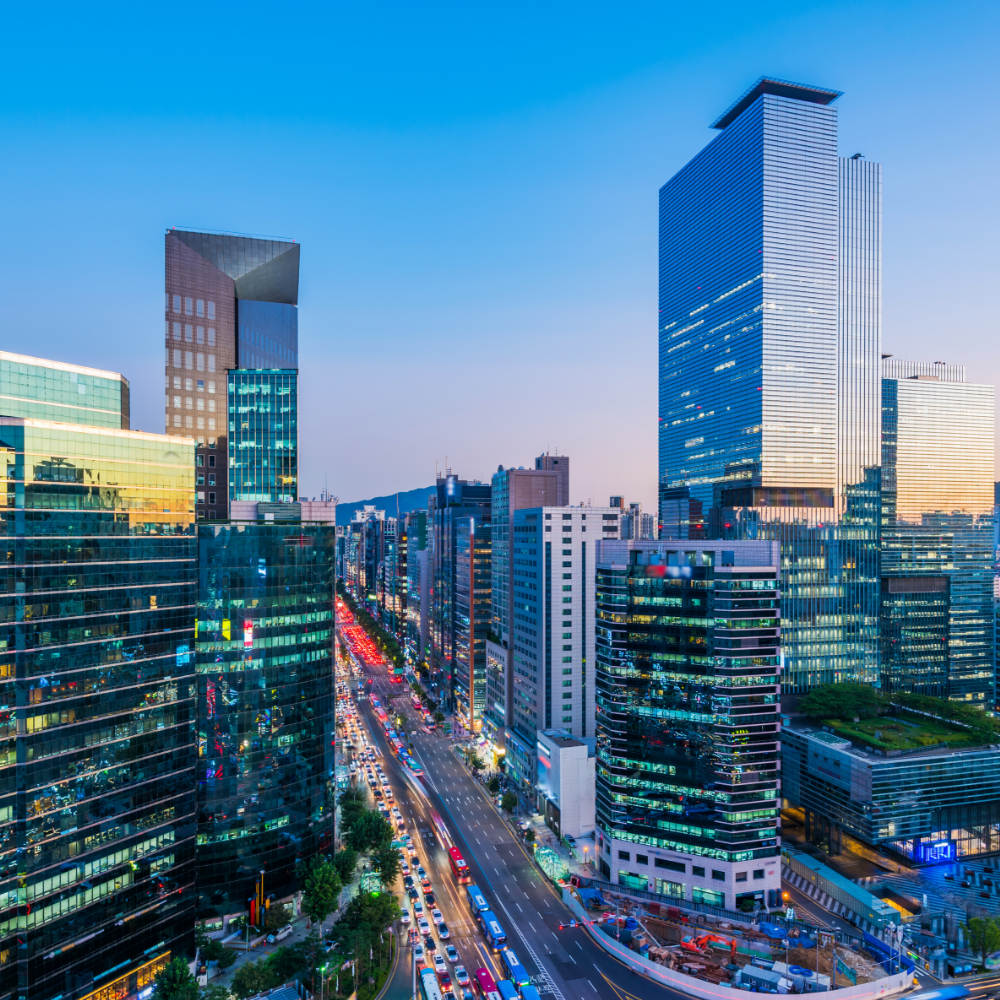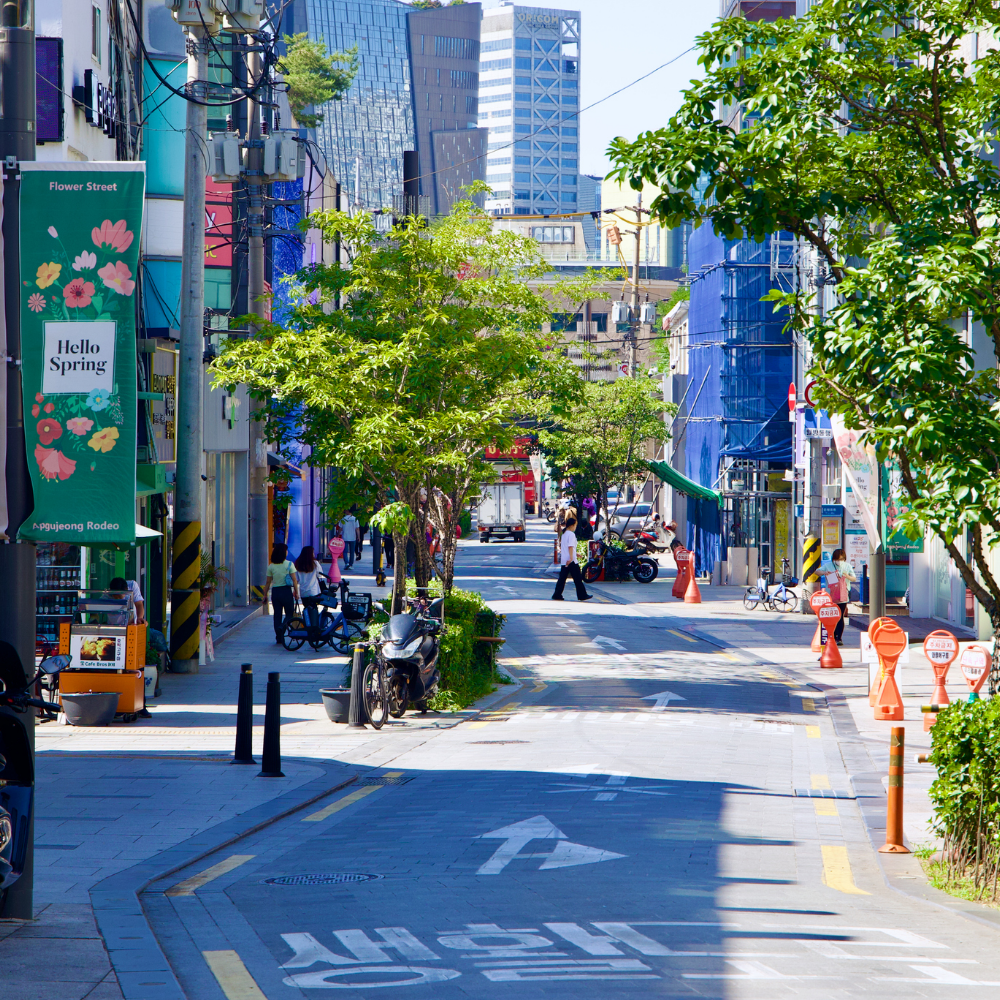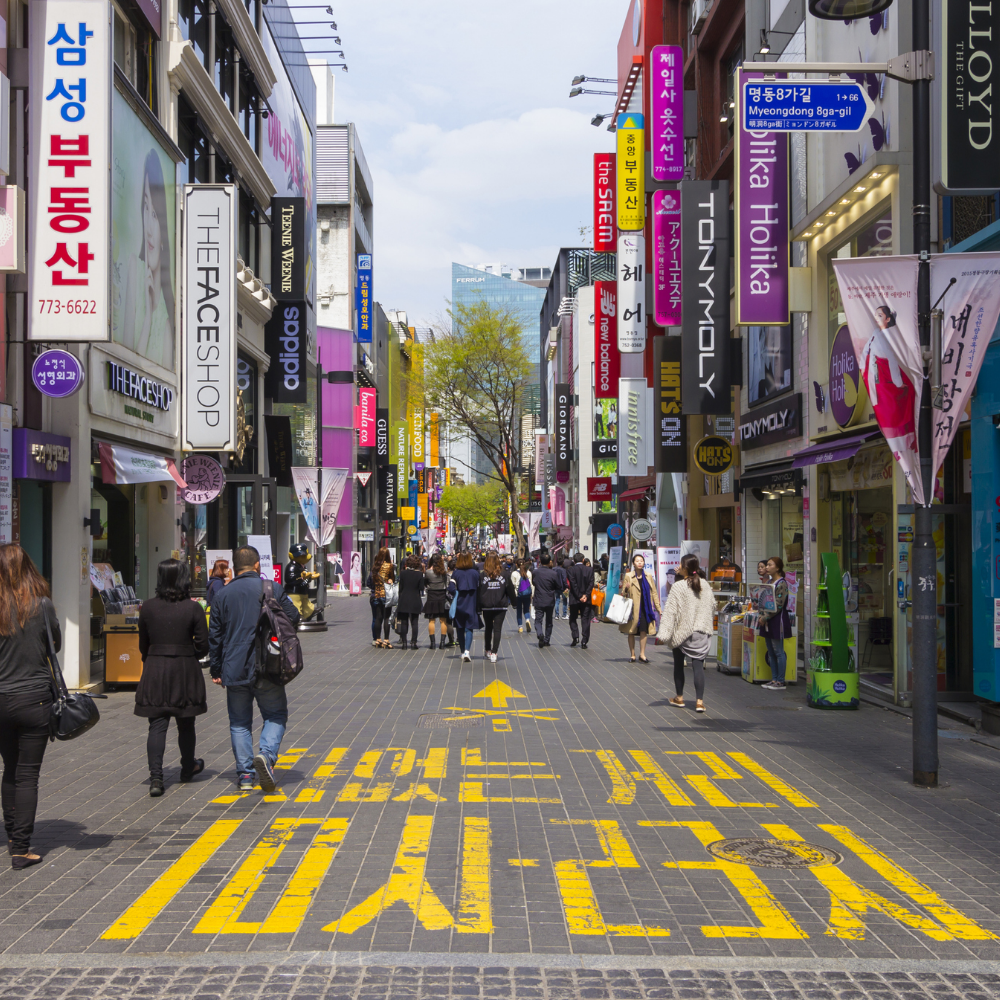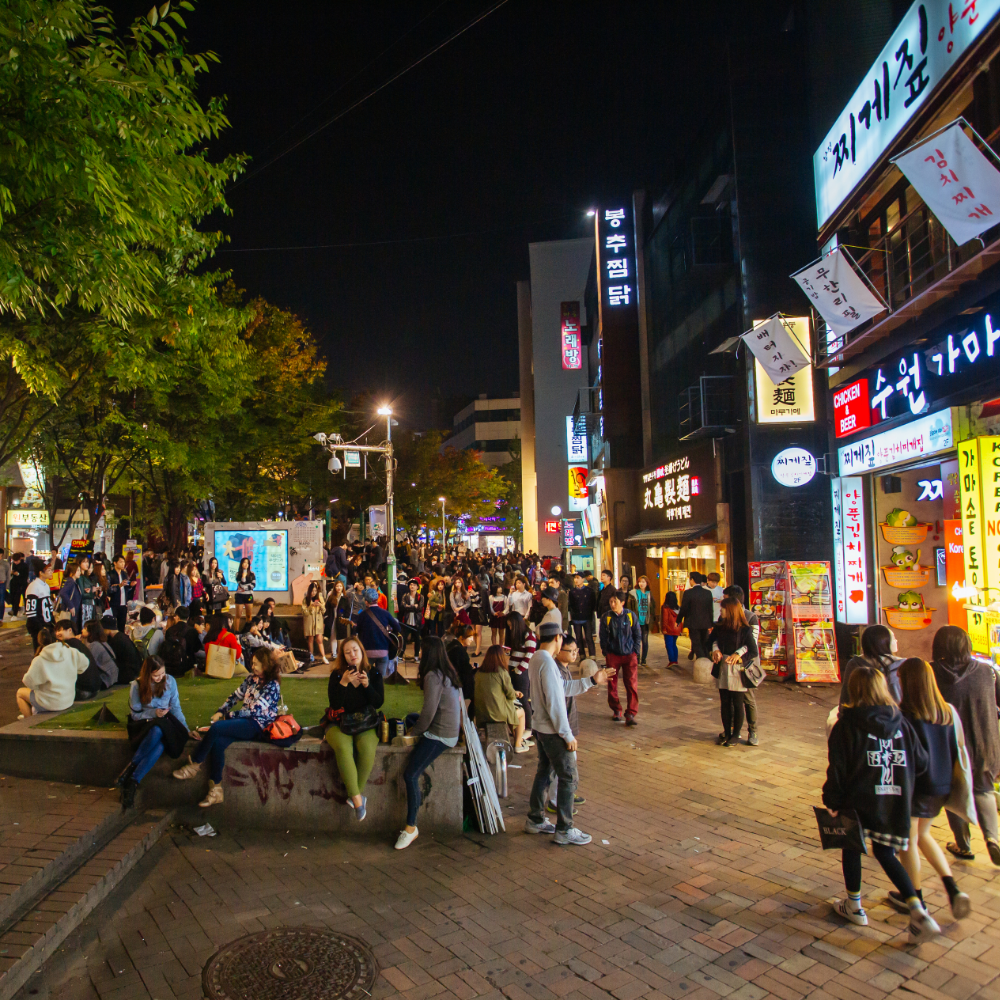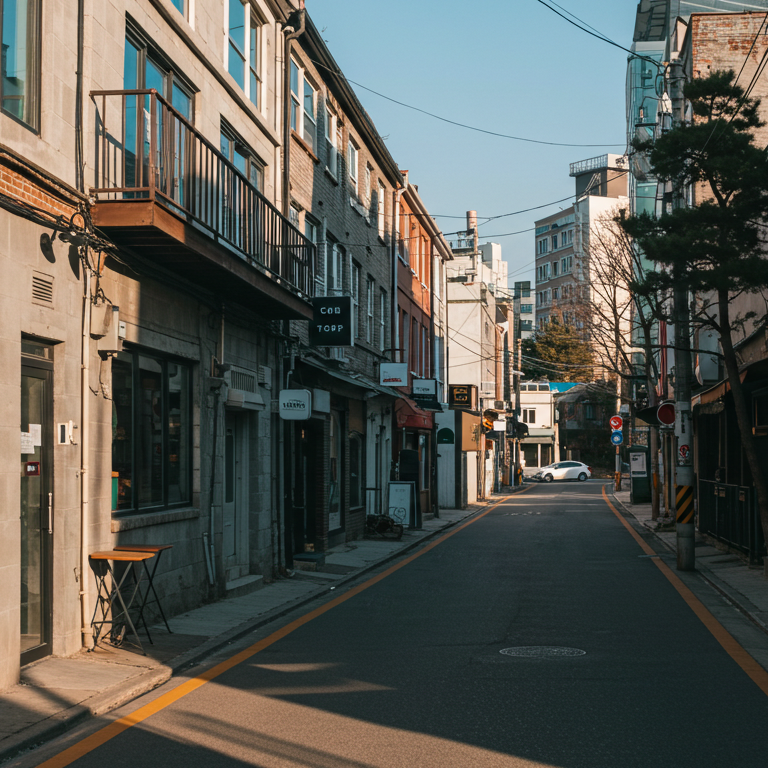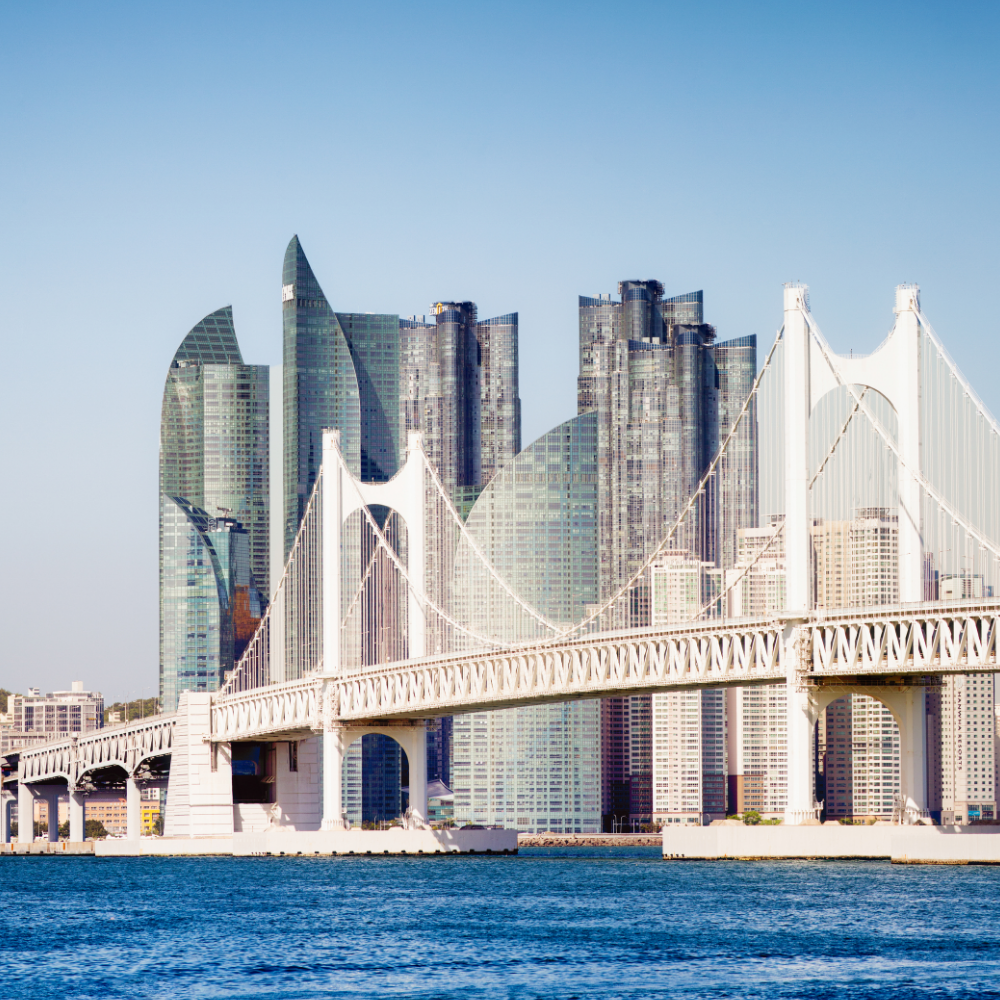Korean Thread Lift Guide: Everything You Need to Know About Silhouette Lifting
Discover how Korean dermatology uses dissolvable threads to lift sagging skin, define jawlines, and enhance collagen production — all with minimal downtime.

What Is Thread Lifting?
Thread lifting is a minimally invasive cosmetic procedure that uses biodegradable threads inserted into the skin to lift sagging areas and stimulate collagen. In Korea, it's commonly used on the cheeks, jawline, and nasolabial folds to achieve a youthful contour without surgery.

Types of Threads Used in Korea
Korean clinics use a variety of threads depending on the treatment area and desired effect. Common types include:
- PCL (Polycaprolactone): Long-lasting, stimulates collagen
- PDO (Polydioxanone): Popular for fine lifting and contouring
- PLA (Polylactic Acid): Boosts skin firmness over time
Some threads have barbs to grip tissue, while others are smooth for collagen induction. Your dermatologist will choose based on your facial anatomy and aging concerns.

What to Expect During the Procedure
A typical session lasts 30–60 minutes. Local anesthesia is used to ensure comfort. Threads are inserted via thin cannulas under the skin and strategically positioned to lift and support tissues. There is no cutting or stitching required.
Mild swelling or bruising may appear, but most clients return to daily life within 1–2 days. Full collagen results can be seen in 4–8 weeks, while the lifting effect is often immediate.

Recovery & Results Timeline
Results typically last 12–18 months, depending on the thread type and individual metabolism. Most patients notice:
- Immediate lifting right after the session
- Gradual improvement in skin texture and elasticity
- Minimal downtime and rare side effects if performed by a skilled doctor
For optimal results, thread lifting is often combined with other treatments like skin boosters or HIFU (Ultrasound).

Dr. Beau's Note
Thread lifting offers a sweet spot between filler and facelift — effective yet non-surgical. I always recommend consulting a board-certified dermatologist who understands facial anatomy well. Remember, lifting isn’t about pulling skin tight — it’s about restoring your natural structure.
